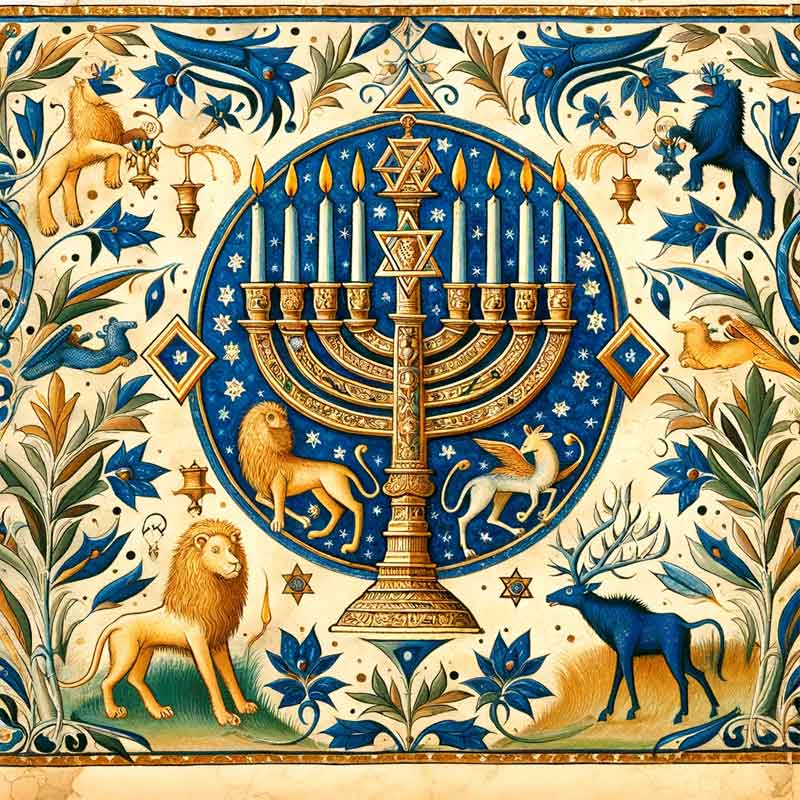Question from a Reader
Dear Rabbi Joshua,
I’ve heard both ‘Shabbat’ and ‘Shabbos’ used to refer to the Jewish Sabbath. What is the difference between these terms, and is one more correct than the other?
Kindly,
Jason Goldberg
The Origins of ‘Shabbat’ and ‘Shabbos’
Dear Jason,
Your question highlights a fascinating aspect of Jewish linguistic diversity. ‘Shabbat’ (שבת) and ‘Shabbos’ are essentially the same word, pronounced differently in two distinct Jewish traditions.
‘Shabbat’ is the Hebrew term, originating from the biblical commandment to observe the seventh day as a day of rest (Exodus 20:8-11). This term is widely used in Modern Hebrew and among many Jewish communities around the world.
‘Shabbos’ in Ashkenazi Tradition
‘Shabbos,’ on the other hand, is the Yiddish pronunciation, commonly used in Ashkenazi Jewish communities, particularly those from Central and Eastern Europe. Yiddish, a language developed over centuries in Europe, incorporates elements of German, Hebrew, and other languages, reflecting the diverse cultural influences on Ashkenazi Jews.
Cultural and Regional Variations
The choice between ‘Shabbat’ and ‘Shabbos’ often reflects cultural or familial heritage. In Israel and many Sephardic communities, ‘Shabbat’ is predominantly used. In contrast, Ashkenazi communities, especially those in the United States and Europe, may prefer ‘Shabbos.’
Linguistic Evolution and Personal Preference
These variations are a testament to the rich tapestry of Jewish history and the evolution of language across different geographies and cultures. Neither term is more correct than the other; rather, each carries its own historical and cultural significance.
Conclusion
In conclusion, whether one says ‘Shabbat’ or ‘Shabbos,’ the essence of the word remains the same: it is a day of rest, reflection, and spiritual rejuvenation, central to Jewish life and practice.
Embrace the term that resonates with your heritage and understanding.
Shalom,
Rabbi Joshua



